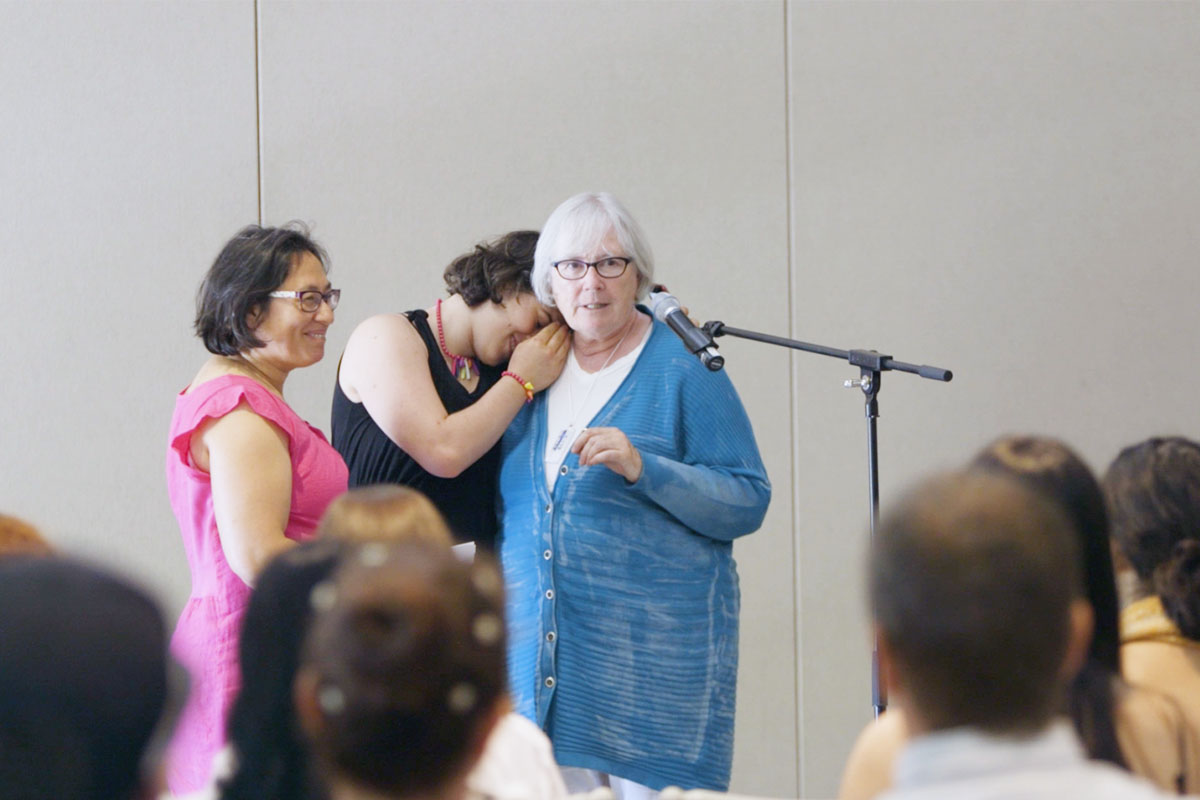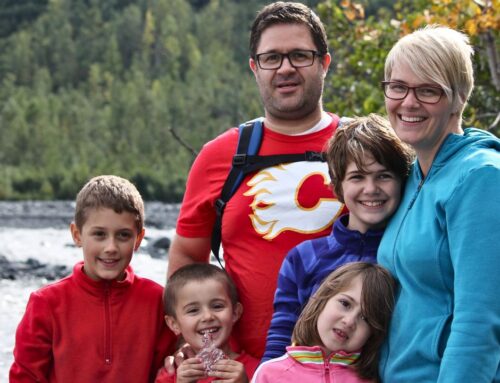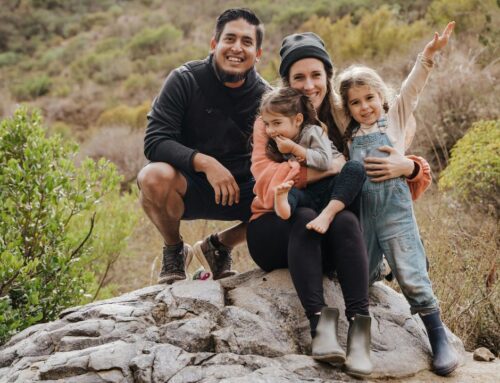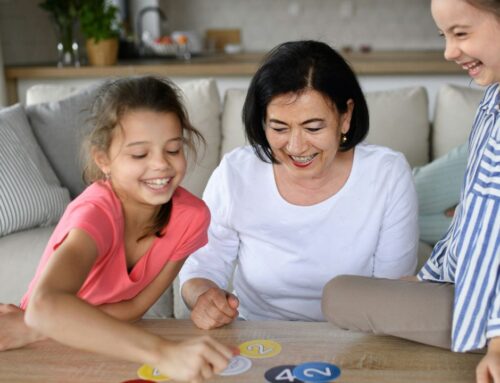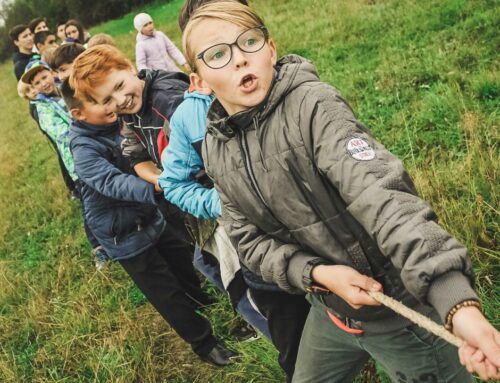At SelfDesign® Learning Community, we believe that every learner has a unique voice, and our inclusive kindergarten to grade 12 program is committed to listening to each and every child – however they are able to communicate. Every learner with special needs is unique, and we reflect this by providing programming that is personalized or individualized rather to each learner.
SelfDesign offers support services to learners who have been professionally diagnosed with low incidence needs or who have been identified with high incidence needs, in accordance with B.C. Ministry of Education guidelines. About 30 per cent of SelfDesign’s learners use support services.
Kathleen Forsythe, who has been with SelfDesign since its inception in 2001, has worn all the hats – vice principal, principal, executive director and, to this day, learning consultant. She was instrumental in the development and implementation of support services since SelfDesign’s start in 1983.
In January 2007, when confronted by a mother with a desperate need, Forsythe rose to the occasion to create a conducive space for one of SelfDesign’s first learner with complex needs. Several other learners joined immediately after and there continued to be a growing desire for the support that SelfDesign was uniquely able to offer in this way.
“I could see that the system wasn’t serving these families well,” Kathleen says. “And I saw that we could. We could provide a legitimate educational program for them that was equivalent to the educational programs we were providing to all kids. Now we have waitlists of people wanting to receive our services.”
Kathleen had never before worked with children who were affected by such complex needs. An already experienced educator, she started specialized training at the same time she took on that first student. She responded to a need, and that changed the course of her life and career.
“As numbers grew, it became important that people were trained,” she says. “So we developed our own training modules. I always took the approach of learner-first, the same approach applied to every other kid in the program. This became our model of inclusion.”
For learners using our support services, an Individual Education Plan, commonly referred to as an IEP, is created in addition to the learning plan to provide specialized support. This learner-centred plan is created through collaboration with the caregivers, the child and a B.C. certified educator (learning consultant) to identify and support the learner’s individual needs.
A key piece in the innovation and history of SelfDesign is not expecting the child to fit the system, but instead, creating a system to fit the child.
SelfDesign Principal of Educational Programs Nikki Kenyon believes our approach with learners who have really complex needs is to customize how we support those needs in the context of that family, their community and their environment.
“We figure out what that entire system needs in order to thrive,” she says. “We’re really able to assess a need and provide resources to meet it in support of reaching educational goals. This model of putting the learner at the centre and figuring out how we can best support their growth is how we approach every learner – complex needs or not.”
Watch the video below to learn more about the approach to support services at SelfDesign:
In addition to this out-of-the-box approach, SelfDesign has also found some innovative ways to provide resources and meet the needs of families everywhere.
Professionals like occupational therapists, psychologists, and speech and language pathologists are contracted through SelfDesign to meet the needs of even the most remote B.C. families. Consultations happen via video conference calls on Skype or Zoom.
SelfDesign also has contracts with over 1,000 support educators who are matched with families and go into homes to provide tangible support, take the learners on outings, and assist them in reaching their educational goals.
“What’s unique about SelfDesign’s support education is that we’re able to provide targeted supports,” Nikki says. “We have a lot more flexibility to find an approach that works. Even when we select a contractor for the family, we ensure it’s a good fit – they are not just ‘stuck with’ whoever is assigned to them.”
This ability to direct resources to provide personalized and individualized support to learners with complex needs reaps gratifying results.
“There are some kids in our program who have really intense challenges,” Nikki says. “When this customized support is provided, learners are able to overcome huge barriers. One of our learners who couldn’t speak is now able to communicate for the first time using eye-gaze technology. A learner whose personal project was to be able to not wear his padded helmet while he eats accomplished his goal by being helmet-free for two-minutes. A learner who is physically dependent discovered this amazing gift to sing her heart out, and I got to watch her perform in a concert in the community. To overcome one’s circumstance like these learners have is so incredibly inspiring to witness.”
SelfDesign’s support services came about through efforts to innovate and creatively find ways to meet specific needs. It’s no wonder the solutions that continue to be offered effectively and resourcefully support learners with complex needs across British Columbia.
Visit our support services page to learn more.

